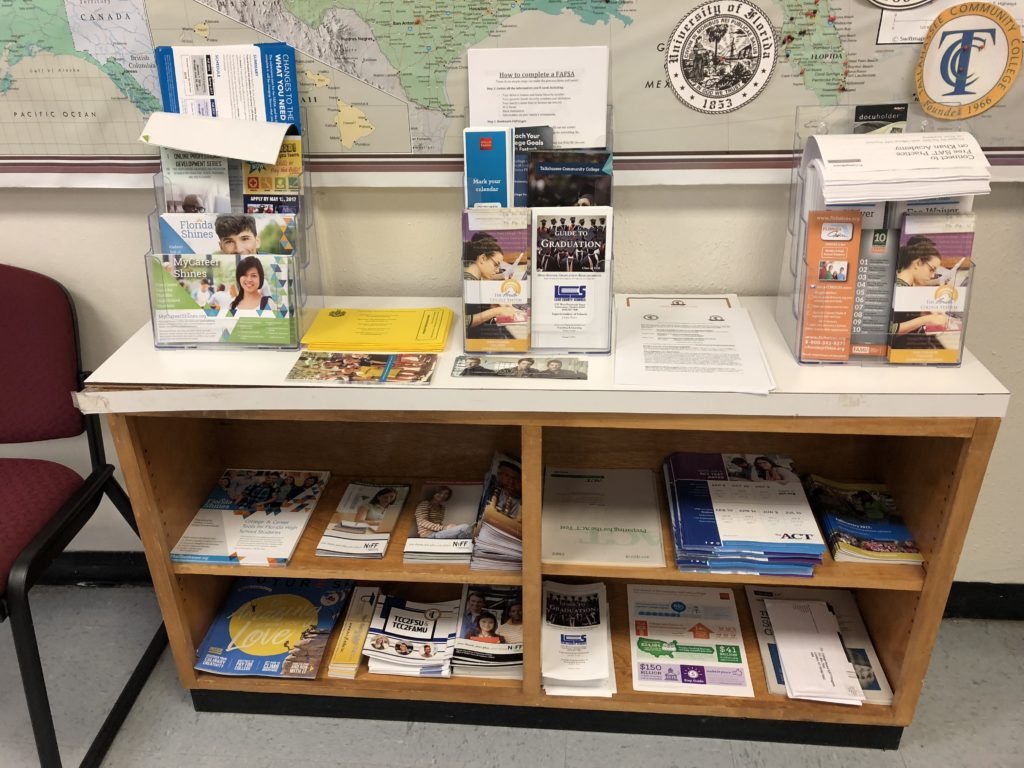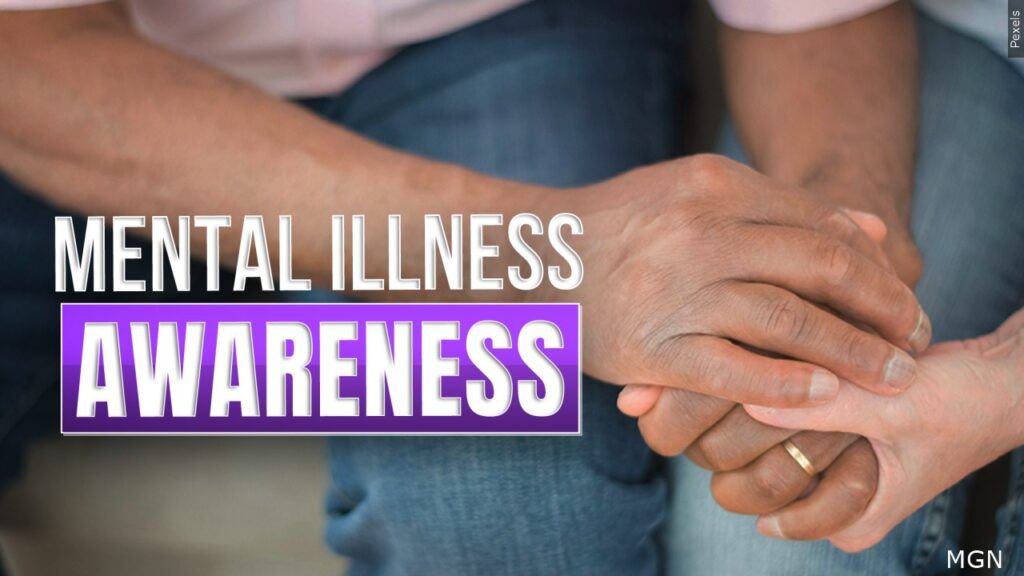By| Christina Hunter
Clark Flatt was like many other parents with teenagers like his son, Jason. Jason was a normal, loving, all around 16-year-old kid. When Mr. Flatt came to speak at Florida A&M University’s campus, he didn’t come scouting out a potential college for his son. Instead he was the speaker of a Suicide Prevention Seminar, a seminar he founded following the suicide of his son, Jason.
Jason Flatt that normal, loving, all around 16-year-old kid, became a statistic on July 16th, 1997.
20 years has passed since Jason Flatt death, but the silent killer…suicide continues to take the lives of young people every day. For many people they are left asking, “What were the signs…why didn’t he/she talk to me?” But to answer their questions is why they didn’t start the conversation about suicide.
The topic of suicide for many people is uncomfortable understandably so, but then again just like race, sexual orientation, religion. These are subjects that are unsettling but need to be talked about and so is suicide.
For young adults, conversations about passing their classes, furthering their education, or future careers are continually touched on in public schools. This, which could cause stress, anxiety, or depression are written off as teenage angst.
According to the suicide Prevention Resource Center, suicide is the tenth leading cause of death in the US, accounting for more than 1% of all deaths. It is the second leading cause of death among people ages 15-24. More years of life are lost to suicide than to any other single cause except heart disease and cancer.
The first way to start talking is to break the stigma.
“One thing we try to do is to raise the awareness,” said Brett Marciel of the Jason Foundation.
“Dispelling the myth that go along with suicide. You don’t give ideas about suicide just by talking about it, many times its discussing their feelings openly is helpful. If they have suicidal thoughts it gives them permission to express an provides an outlet when you do speak about it.”
For many parents, they may feel uneasy discussing a topic like this.
While it’s a difficult topic to talk about, the danger comes when not talking about it. It’s generally a good idea by starting off with your child’s strengths. Reaching out by saying, “hey, I know you’re really great and I’m proud of the things you’re doing. I’ve been hearing a lot teenage suicide and I just want to talk about your thoughts about it.” Asking what kind of stresses are you under what can we do to relieve those stresses from you. A lot of parents see on the outside of what their kids are doing in their school or extracurricular activities but as your kids become more older they are more hesitant to tell you what their feeling inside afraid to disappoint their parents.













